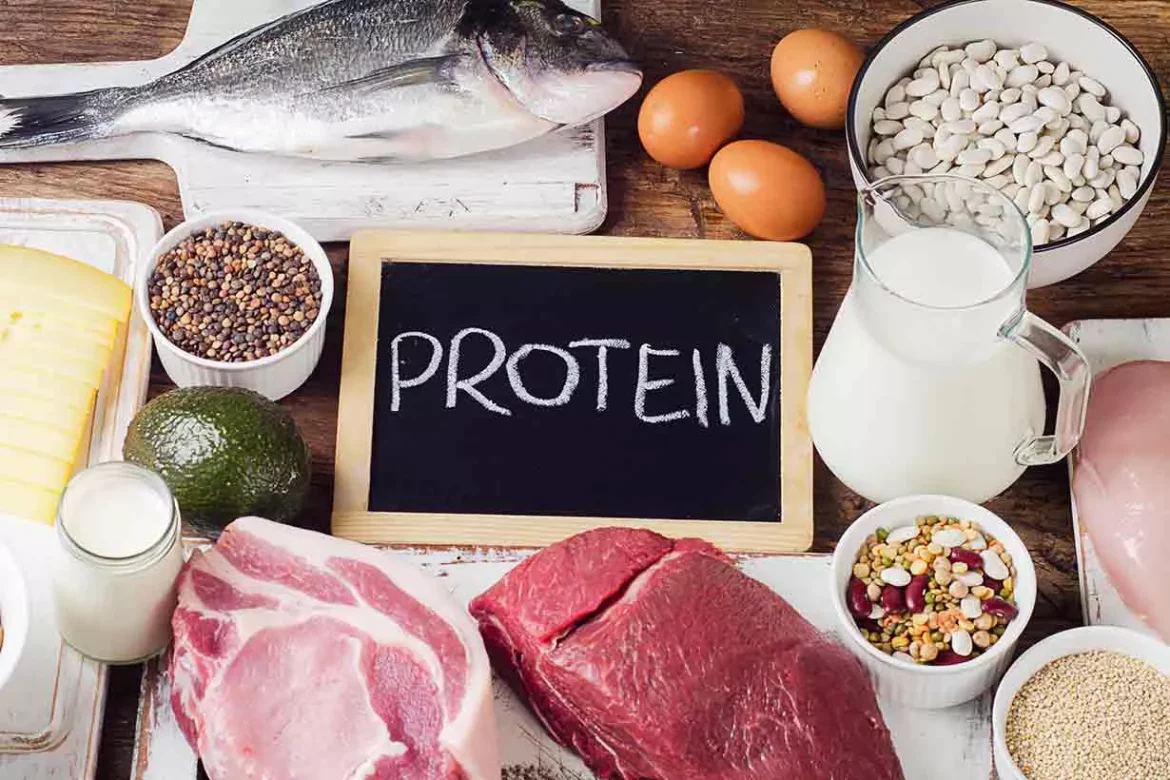Heart disease remains one of the leading causes of death worldwide. As a result, adopting a heart-healthy diet is crucial for those with heart disease or at risk of developing it. A nutritious diet can help manage weight, reduce cholesterol, lower blood pressure, and improve overall heart health. This article explores the best foods for heart patients, delving into their benefits and providing practical tips on incorporating them into daily meals.
Leafy Green Vegetables
Leafy green vegetables like spinach, kale, and Swiss chard are rich in vitamins, minerals, and antioxidants. They are particularly high in vitamin K, which helps protect arteries and promote proper blood clotting. These vegetables are also a great source of dietary nitrates, which have been shown to reduce blood pressure, decrease arterial stiffness, and improve the function of cells lining the blood vessels.
Berries
Berries, including strawberries, blueberries, raspberries, and blackberries, are packed with heart-healthy nutrients. They are rich in antioxidants such as anthocyanins, which protect against oxidative stress and inflammation, both of which contribute to heart disease. Studies have shown that eating berries can reduce several risk factors for heart disease, including high LDL cholesterol and blood pressure.
Whole Grains
Whole grains like oats, brown rice, quinoa, barley, and whole wheat are high in fiber, which can help lower bad LDL cholesterol and reduce the risk of heart disease. Unlike refined grains, whole grains contain all parts of the grain kernel, including the bran, germ, and endosperm, which provide essential nutrients and help regulate blood sugar levels.
Avocados
Avocados are an excellent source of heart-healthy monounsaturated fats, which have been linked to reduced levels of cholesterol and a lower risk of heart disease. They are also rich in potassium, a nutrient that is essential for heart health. Potassium helps regulate blood pressure by balancing the effects of sodium in the diet.
Fatty Fish
Fatty fish such as salmon, mackerel, sardines, and trout are rich in omega-3 fatty acids, which have been shown to reduce inflammation, lower blood pressure, decrease triglycerides, and reduce the risk of arrhythmias.
The American Heart Association recommends eating at least two servings of fatty fish per week to improve heart health.
Nuts and Seeds
Nuts and seeds, including almonds, walnuts, flaxseeds, and chia seeds, are excellent sources of fiber, protein, and healthy fats. They also contain omega-3 fatty acids, particularly in flaxseeds and chia seeds. Regular consumption of nuts and seeds has been associated with lower levels of LDL cholesterol, reduced inflammation, and improved artery function.
Olive Oil
Olive oil is a staple of the Mediterranean diet, which is known for its heart health benefits. It is rich in monounsaturated fats and antioxidants that can reduce inflammation and lower the risk of heart disease. Using extra-virgin olive oil as a primary fat source can help reduce cholesterol levels and improve cardiovascular health.
Legumes
Legumes, such as beans, lentils, chickpeas, and peas, are high in fiber, protein, and essential nutrients like folate, magnesium, and potassium. They can help lower cholesterol levels, improve blood pressure, and reduce the risk of heart disease. Including legumes in your diet can also help with weight management, as they are low in fat and calories.
Dark Chocolate
Dark chocolate with a high cocoa content is rich in antioxidants, particularly flavonoids, which can help improve heart health. Flavonoids have been shown to enhance blood flow, reduce blood pressure, and lower the risk of heart disease.
However, it is important to consume dark chocolate in moderation, as it is high in calories and sugar.
Tomatoes
Tomatoes are an excellent source of vitamins C and A, potassium, and folate. They are also rich in lycopene, an antioxidant that has been linked to lower cholesterol levels and reduced risk of heart disease. Consuming tomatoes and tomato-based products can help improve heart health by reducing inflammation and oxidative stress.
Garlic
Garlic has been used for centuries for its medicinal properties. It contains a compound called allicin, which has been shown to have numerous heart health benefits. Garlic can help lower blood pressure, reduce cholesterol levels, and improve arterial function. Including garlic in your diet can provide significant cardiovascular benefits.
Green Tea
Green tea is packed with polyphenols and catechins, which act as antioxidants and anti-inflammatory agents. Drinking green tea has been associated with lower cholesterol levels, improved artery function, and reduced blood pressure. Regular consumption of green tea can help reduce the risk of heart disease and improve overall heart health.
Tips for Incorporating Heart-Healthy Foods
Plan Balanced Meals: Ensure that each meal includes a variety of heart-healthy foods, including vegetables, fruits, whole grains, lean proteins, and healthy fats.
Snack Wisely: Choose heart-healthy snacks like nuts, seeds, berries, and dark chocolate instead of processed snacks high in sugar and unhealthy fats.
Cook at Home: Preparing meals at home allows you to control the ingredients and cooking methods, making it easier to incorporate heart-healthy foods.
Use Healthy Cooking Methods: Opt for baking, grilling, steaming, or sautéing instead of frying to reduce unhealthy fat intake.
Stay Hydrated: Drink plenty of water and limit sugary drinks. Green tea can be a great alternative to sugary beverages.
Read Labels: Pay attention to food labels to avoid hidden sugars, sodium, and unhealthy fats.
Conclusion
A heart-healthy diet is essential for preventing and managing heart disease. Incorporating a variety of nutrient-rich foods such as leafy green vegetables, berries, whole grains, avocados, fatty fish, nuts, seeds, olive oil, legumes, dark chocolate, tomatoes, garlic, and green tea can significantly improve heart health. By making mindful food choices and adopting healthy eating habits, heart patients can enhance their quality of life and reduce the risk of heart-related complications.
Remember, it’s not just about individual foods but the overall dietary pattern that contributes to a healthy heart.

